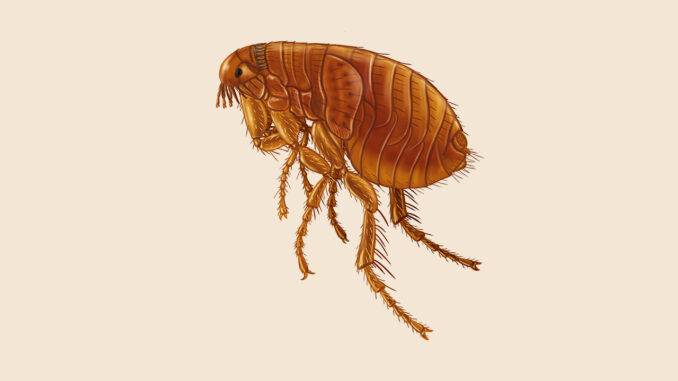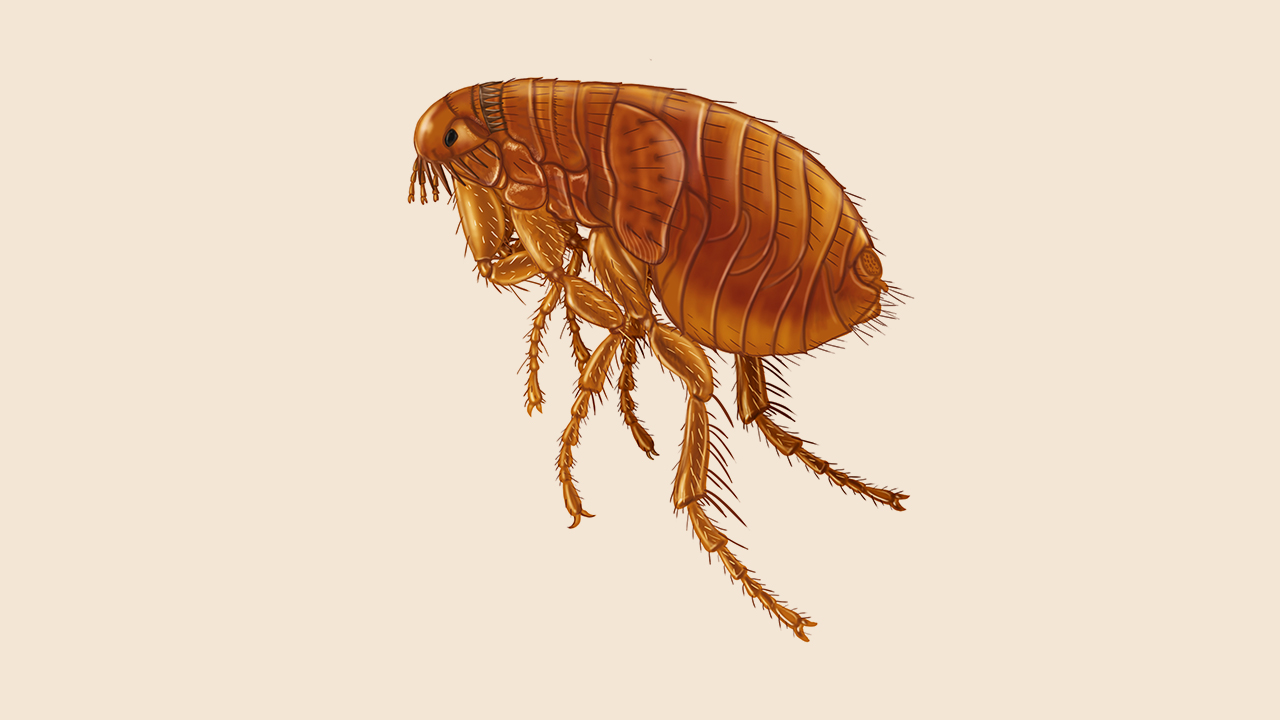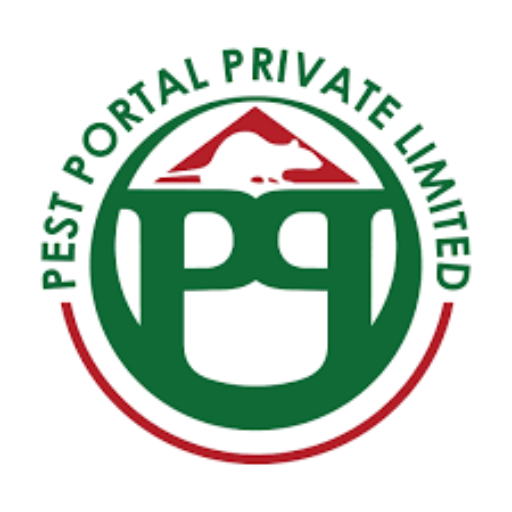
Common Signs of Flea Infestation or Problem in Harare and Zimbabwe
Are you noticing common signs of flea infestations or problem in Harare and Zimbabwe? Call 0772593344 for reliable, affordable and professional flea control today
Fleas are a common nuisance across the globe, and Harare and Zimbabwe are no exception. These tiny, parasitic insects can cause significant discomfort for both humans and pets, leading to itchy skin, allergic reactions, and even disease transmission in some cases. Early detection and intervention are key to controlling a flea infestation and preventing its spread. This comprehensive guide outlines the common signs of a flea problem in Harare and Zimbabwe, helping you identify and address the issue promptly.
Understanding the Flea Landscape in Harare and Zimbabwe:
Zimbabwe’s climate, with its warm temperatures and fluctuating humidity, provides ideal breeding grounds for fleas. Big and small cities alike experience a higher population density, potentially increasing the risk of flea infestations in homes, gardens, and public spaces. Common flea species found in the region include the cat flea (Ctenocephalides felis), which is the most prevalent species affecting both cats and dogs, and human fleas ( Pulex irritans), although less common. Understanding the environment where fleas thrive is crucial for effective control.
Signs of Flea Infestation in Pets:
Pets are often the first indicators of a flea problem. Observe your animals closely for the following signs:
Excessive Scratching and Biting: This is perhaps the most noticeable symptom. Your pet might constantly scratch, bite, or lick themselves, especially around their neck, back, and tail. This relentless scratching can lead to skin irritation, hair loss, and even secondary skin infections.
Visible Fleas: While fleas are small, you might be able to spot them. Look for tiny, dark-brown insects jumping on your pet’s fur, particularly along the backline and belly. A fine-toothed comb can help you detect fleas or flea dirt (flea excrement).
Flea Dirt: This looks like tiny black specks in your pet’s fur. If you dampen a paper towel and rub it on your pet’s coat, the flea dirt will turn reddish-brown due to the digested blood.
Skin Irritation and Allergies: Fleas can cause flea allergy dermatitis, an allergic reaction to flea saliva. This can manifest as intense itching, redness, and inflammation of the skin, often appearing as small, scabby bumps.
Restlessness and Anorexia: Severe flea infestations can make your pet restless, irritable, and even lead to a loss of appetite due to discomfort and stress. This is a serious sign requiring immediate veterinary attention.
Pale Gums: Heavy infestations can lead to anaemia, especially in smaller pets or puppies and kittens, as fleas consume significant amounts of blood. Pale gums are a warning sign of anaemia and necessitate immediate veterinary intervention.
Signs of Flea Infestation in Your Home:
Fleas don’t just stay on your pets; they can easily infest your home:
Adult Fleas in Carpets and Upholstery: Check your carpets, rugs, upholstery, and pet bedding for adult fleas. Look in dark, quiet areas where they prefer to hide.
Flea Dirt in Carpets and Bedding: Similar to finding flea dirt on your pet, check your carpets and bedding for the same dark specks. Again, dampen a paper towel to test for the reddish-brown colour indicating flea dirt.
Flea Eggs and Larvae: Flea eggs are tiny, white, and difficult to see with the naked eye. Larvae are small, worm-like creatures that live in carpets, crevices, and bedding.
Increased Pest Control Activity: An increased presence of other pests such as ants could indirectly indicate a flea problem, as ants might feed on flea eggs or larvae.
Bites on Humans: While human bites are less frequent than pet bites, they can occur. Flea bites typically appear as small, red, itchy bumps, often in clusters, on the ankles and lower legs.
Specific Considerations for Harare and Zimbabwe:
Outdoor Environments: Fleas can thrive in gardens, particularly those with overgrown grass or areas where pets frequently roam. Regular lawn mowing and pest control measures are essential.
Climate: The warm, humid climate of Harare facilitates rapid flea reproduction. Effective pest control strategies need to account for these favourable breeding conditions.
Wildlife: Harare’s proximity to wildlife habitats could introduce fleas from wild animals into domestic settings. Careful pest control practices around the home’s perimeter are crucial.
Dealing with a Flea Infestation:
If you suspect a flea infestation, immediate action is crucial. This involves:
Professional Pest Control: Contact Pest Portal Zimbabwe for affordable, reliable and professional flea control services in Harare. We have access to effective treatments and can provide targeted solutions.
Veterinary Consultation: Take your pet to the vet for diagnosis and treatment. They can prescribe appropriate flea medication and provide guidance on managing the infestation.
By being vigilant and acting promptly, you can effectively manage flea infestations and maintain a comfortable and pest-free environment for yourself and your pets in Harare and Zimbabwe. Remember that early detection is key to preventing a widespread problem.


